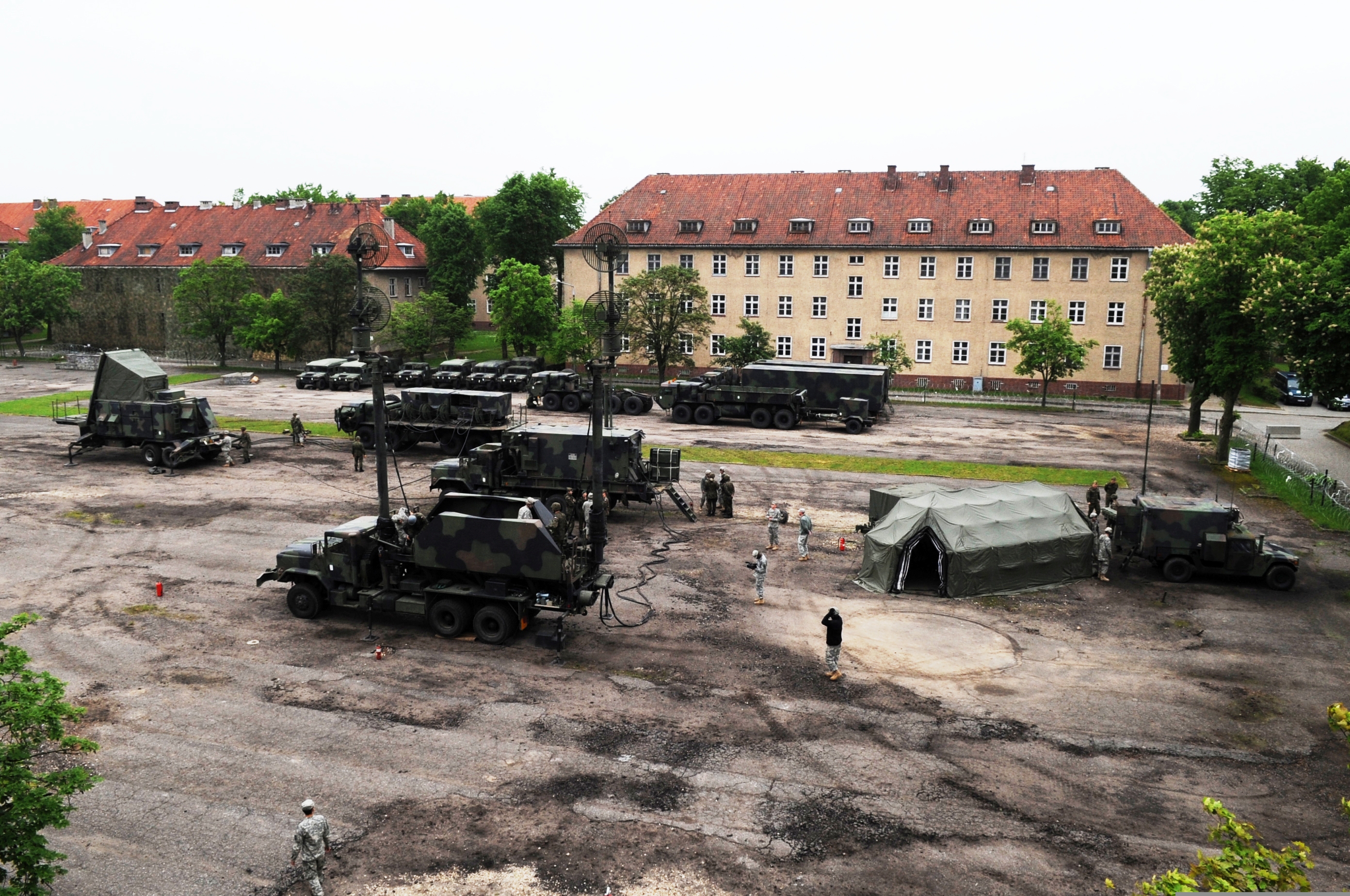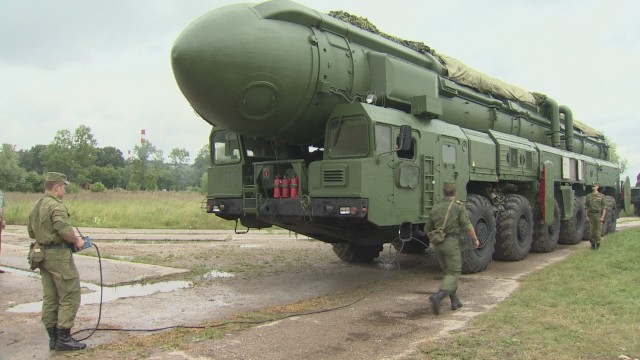In many ways, Poland’s national past has been defined by resistance to foreign military threats. Throughout its history, the country has had to combat invasion from surrounding major powers, fighting back the Ottoman Empire in the 17th century, thrust into the horrors of the Holocaust at the hands of Nazi Germany during World War II, and most recently falling under the influence of the Soviet Union until the end of the Cold War in 1991. This turbulent history is largely due to Poland’s difficult strategic location, as the country is sandwiched between the major powers of Germany and Russia, nations that have historically had aspirations of regional dominance. To make matters worse, Poland is essentially a flat plain, devoid of any significant mountain ranges or rivers that could serve as barriers to invasion. These facts of geography, combined with a long history of conflict have made the Poles especially wary of possible foreign threats.
Recently, the most pressing potential danger to Polish sovereignty has been Russia’s aggression in Ukraine. Moscow’s annexation of Crimea, along with the Kremlin’s backing of separatists fighting in the Donbass region of Ukraine has greatly alarmed Poland. Since the beginning of the crisis, Poland has taken numerous steps to improve its defence readiness, in case of further Russian hostility. In May 2015, Poland’s government raised its defence budget from €5.6 to €6.6 billion, an increase of 18 percent. The country also recently concluded a deal to purchase eight Patriot anti-ballistic missile batteries from the United States intended to thwart potential Russian missile attacks.

Preparations for possible confrontations with Russia have not been limited to the Polish government; membership in Polish civilian paramilitary groups has swelled since the beginning of the Ukraine crisis. Poland has a rich tradition of civilian militias, dating back to the Home Army resistance movement to Nazi occupation in World War II. With the Russian threat looming, membership has swelled to an estimated 10,000 volunteer fighters spread among 120 paramilitary groups. The Polish government has embraced these groups, offering them support by supplying them with army surplus equipment, training, and sometimes funds. In case of a potential invasion, the government believes such militias could play an important role in defending the country.
For the Poles, however, the most important aspect of their security is the involvement of NATO in their national defence. There is only so much a minor power like Poland can do to protect itself against possible Russian aggression, making the presence of committed NATO allies crucial to deterring and countering potential offensives by Moscow. Thus, Poland has attempted to pressure its fellow NATO countries into standing up to the Kremlin, asking the Alliance in April to station 10,000 troops within its borders as a demonstration of the partnership’s unity and resolve to defend its members. While NATO has been reluctant to go to such lengths, it has made several moves to reassure Poland of the Alliance’s commitment to its defence. NATO has conducted training exercises, positioned missile defence systems within Poland, and the U.S. has deployed dozens of tanks and armoured vehicles within its borders.
The recent acts of Russian aggression in Eastern Europe have especially concerned a nation that has been ravaged numerous times by war. The Polish people know first-hand the dangers of ignoring or appeasing expansionist powers, having paid the price for the Allies’ negligence in failing to act against Hitler and the Nazis prior to the invasion of Poland. Many Poles believe that Europe finds itself in a similar situation today, that Putin’s actions in Ukraine could be a precursor to further aggression.
For all of these historical reasons, it is crucial that the Polish government, and more importantly NATO, signal strongly to Moscow that the West will not back down in the face of Russian aggression. With its recent actions, Poland and the other NATO states have taken important steps in signalling their commitment and resolve to stand up to Russia.





